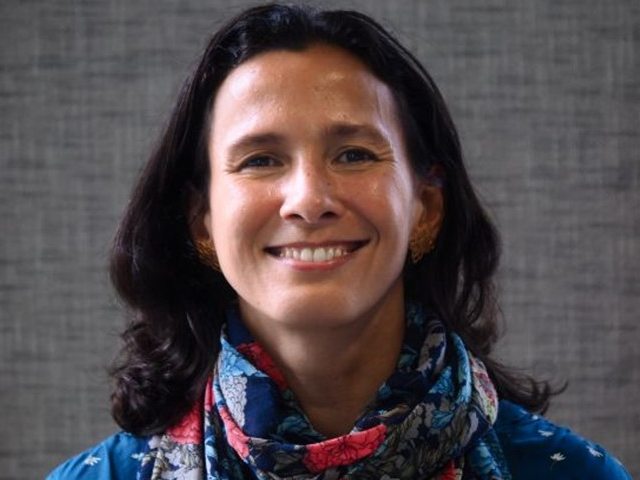Commissioner of the Month for March 2024

Commissioner name
Isabelle Soerjomataram
Job Title
Deputy Branch Head, Cancer Surveillance, International Agency for Research on Cancer (IARC)
What is your role on the Lancet Commission for Women, Power, and Cancer?
Co-chair and coordinator for the cancer burden/epidemiology section
Why are you passionate about your work on the Commission?
I come from a patriarchal country and culture. Moving and living in Europe changed my perspective, but my ideas and perspectives about feminism only started to form during the work with the Commission. Listening and learning from the others taught me what feminism is, and it also clarified the unique role that women play in society.
What excites you most about the ongoing work of the Commission in 2024?
During the launch of the Commission report, I heard someone say that the Commission is only beginning now. At the time, I could not imagine that after all the work we’ve done there was more to do. I was of course wrong. We have only laid down the foundation and from now on we need to start building towards gender equity. It is really exciting to see that there are so many people, groups, and organisations who are interested in our work, and would like to expand, integrate and/or promote the ideas from the Commission. It is exciting to work with like-minded people to further integrate, expand, and promote the work of the Commission. I can’t wait to see the Commission evolve into something different and even better.
What drew you to join the Commission?
At first, I joined because of the people who were in the Commission. Ophira was very passionate and convincing, and I knew many of the other commissioners. While we knew what we wanted to do in the beginning, throughout the first few months the Commission evolved into completely a new idea, a new piece of work, and it continued to grow throughout the next several years. There were parts of the Commission that we only finalised just before the report was submitted for publication, and they turned out to be essential parts of the Commission.
How has your work in gender equity helped you care for people with cancer, conduct research, or influence policy?
Honestly, I hardly work directly in gender equity. After the Commission I am more aware of what gender equity is all about and I try to apply the principles to my daily activities at work or at home. Everyone can be a feminist, and if each one of us do one simple feminist act each day, we’ll get to gender equity in a blink of an eye.